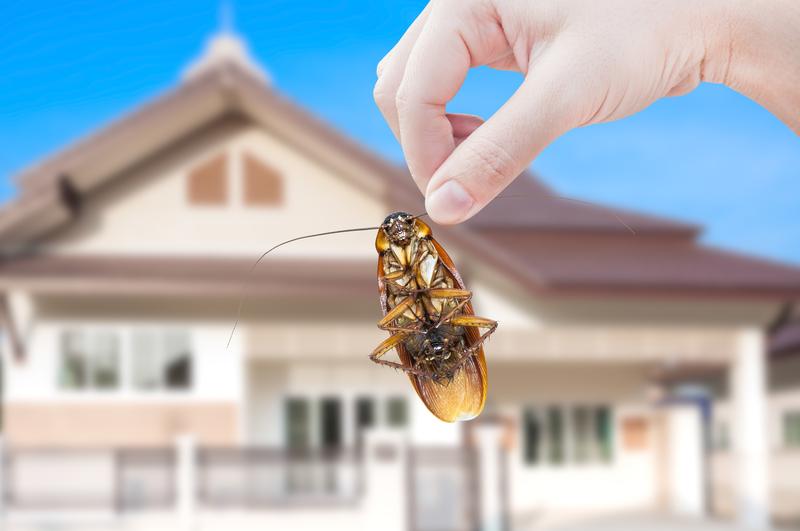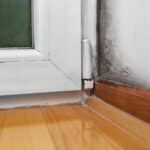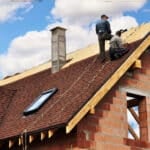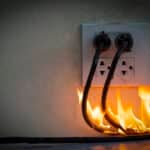Mold
One of the biggest health risks that home inspectors are looking for is mold. Mold can be incredibly dangerous and certain kinds of mold can even be deadly. You don’t want to purchase a home that is full of mold, especially if you don’t know about it first. If you find out about mold in your inspection, you can renegotiate the cost of the house, require the seller to take care of it, or decide that the home isn’t a good fit for you and your family. No matter which option you choose, at least you are informed about what you are getting into.
Pests
Your home inspector can also help you to identify whether or not there are pests in your new home. Pests can cause major health issues and create a generally unclean and unsafe environment in your home. You can prevent pests by keeping your home clean and food sealed in containers. But if you are buying a home, there is no guarantee that the previous owners were taking care of those tasks. An inspection helps you to know for sure whether there are pests in your future property.
Lead and Asbestos
If you are buying an older home, there is a pretty good chance that it could have been built with unsafe materials. An inspector can help you to identify those issues and make sure that you aren’t dealing with a potential health risk. Sometimes you may need to have a specific lead inspection done to check for lead paint and pipes as well.
Taking care of yourself in the future is an important element of the home buying process. You want to choose a home that will be a safe place for you and your family to live out your lives. Having an inspection can help you to ensure that your home will provide you with what you need.
Read this next: How Do I Keep Up on My Rental Property Maintenance?






